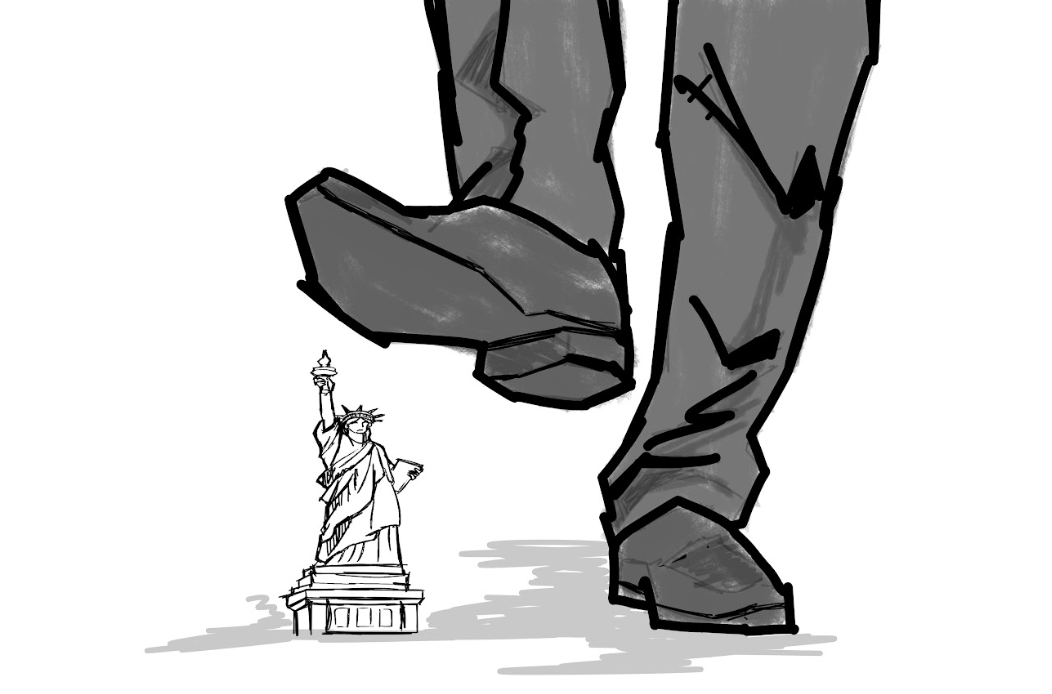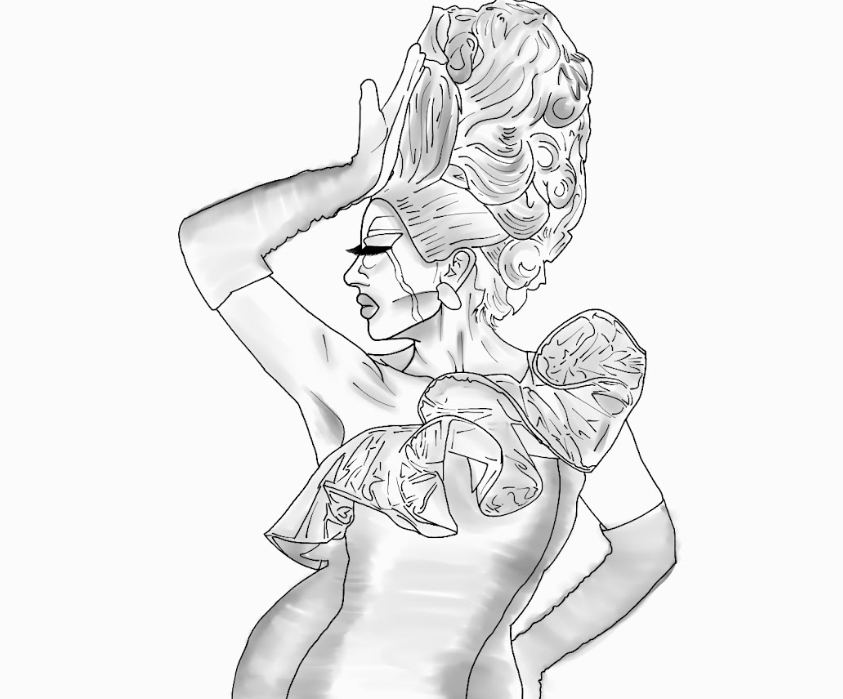Homecoming is a hard sell in college.
The ritual of welcoming back a school’s alumni — homecoming — includes activities for students and alumni and is centered around, and thereby focused on, major sports and social community.
The tradition is strongly associated with American Football, and is, to some extent, completely pointless.
In high school, the event, strongly associated with American football, serves as a popularity contest with the crowning of a king, queen and homecoming court. In high school, especially in the South, homecoming dances, activities and games serve as a night of passage and is a token of adolescence.
But at the university level, homecoming seems to lose whatever magic it possessed and does anyone really care?
The attendance — 19,586 — for UTSA’s Fall 2015 homecoming game was the Roadrunners’ lowest of the season.
The crowning of UTSA’s homecoming court seems intangibly associated with student government. Conceivably, student council should give others a chance — their dominance over the “election process” has created distance from the true meaning of the event. Shouldn’t homecoming be about spirit, instead of political campaigns?
At the collegiate level — at UTSA at least — homecoming is unnatural, strained and is altogether forced.
While other universities may hold homecoming in high regard, and as an event of rich tradition, students at UTSA are not interested.
Perhaps instead of failed attempts to drive students to the game in respect to homecoming, UTSA should hold a student led event. Students can participate and be more involved and even more filled with “school spirit.”
Let’s not force an unwelcome event on students; instead lets create something memorable, exciting, edgy and maybe even meaningful.













